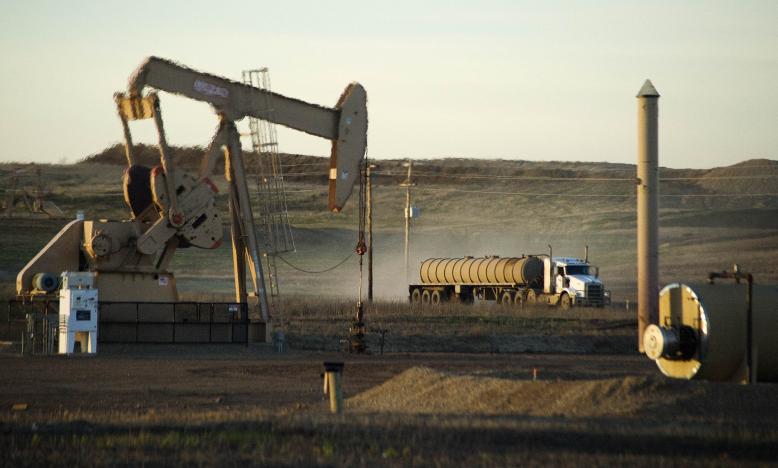A service truck driving past an oil well on the Fort Berthold Indian Reservation in North Dakota captures a powerful image of the intersection between progress, energy, and community. It’s a moment that represents both the promise and the complexity of modern oil production on tribal lands.
The Setting: Energy at the Heart of the Reservation
The Fort Berthold Reservation, home to the Mandan, Hidatsa, and Arikara Nation, sits in one of the most productive oil regions in the country. The landscape blends open plains, rolling hills, and miles of infrastructure supporting drilling operations. Over the years, the oil industry has brought economic growth to the area, creating jobs and revenue streams for the community.
Yet, with this progress comes responsibility. The expansion of oil extraction has changed the land, introducing new challenges related to environmental balance, safety, and long-term sustainability.
The Role of the Service Truck
The service truck in this scene symbolizes the constant motion that defines the oil field. These vehicles deliver equipment, transport maintenance crews, and ensure that every part of the operation continues running smoothly. From inspecting pumps and compressors to checking pipeline pressure and environmental systems, service teams are essential to maintaining safety and efficiency at each well site. Field crews also coordinate on-site maintenance and truck repair to keep service fleets roadworthy across rough lease roads, minimizing downtime and ensuring critical parts reach the wells on schedule.
Driving past a well, the truck represents not just a job in progress—but the thousands of unseen tasks that keep modern energy production going.
Economic Opportunity and Environmental Responsibility
Oil production has brought new opportunities to the Fort Berthold community, providing employment and funding for infrastructure and public services. Many families depend on the industry for steady work and local business growth. However, the community also faces the challenge of balancing economic benefits with environmental care. Protecting air, water, and soil is vital for ensuring that progress today doesn’t compromise the health and prosperity of future generations.
A Changing Landscape
As the truck moves along dusty service roads past an active well, it reflects how the reservation’s landscape has evolved. What was once quiet prairie has become a hub of industrial activity—punctuated by the hum of engines, the gleam of metal structures, and the rhythm of daily operations. This transformation underscores the connection between technology, resource development, and the people who live closest to it.
The Bigger Picture
The image of a single truck driving past an oil well tells a larger story—of innovation, resilience, and adaptation. It speaks to how communities navigate the opportunities and challenges of modern energy production. For the people of Fort Berthold, it’s a reminder that progress must move hand in hand with respect for the land, the environment, and the cultural heritage that has defined the region for generations.
In this simple moment—a truck on the road beside an oil well—we see the ongoing journey of a community balancing growth, responsibility, and the pursuit of a sustainable future.

